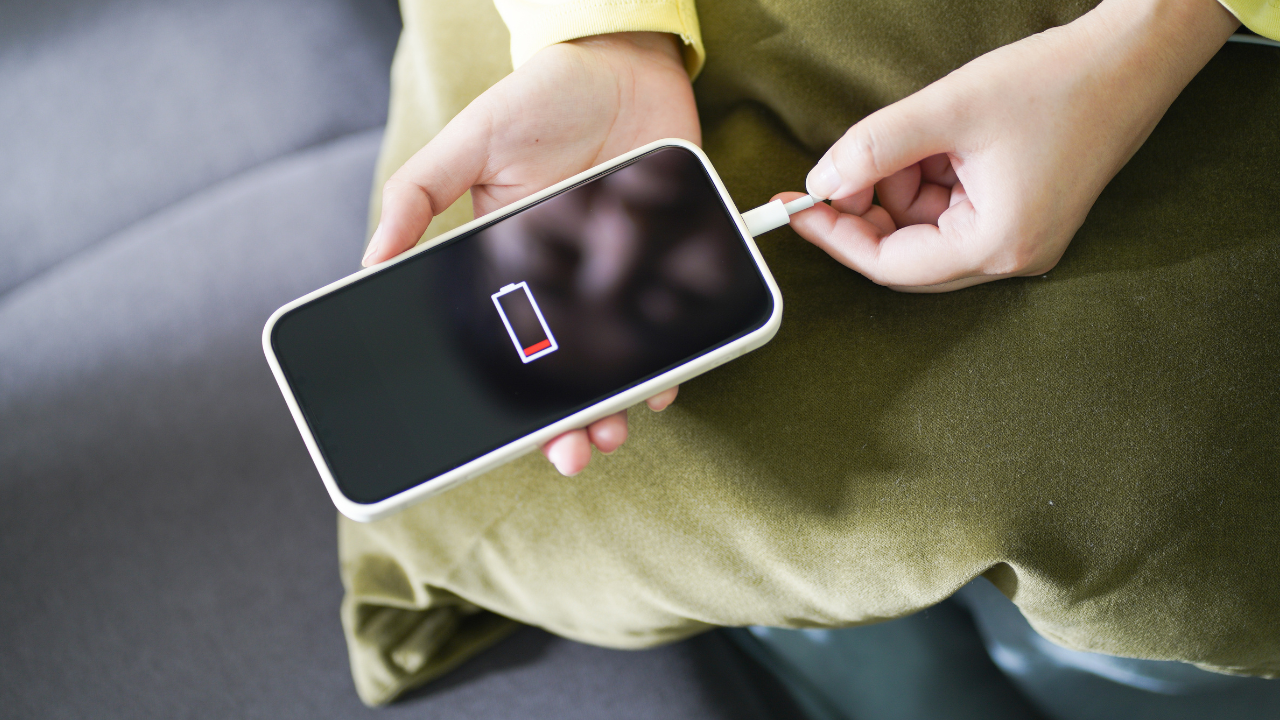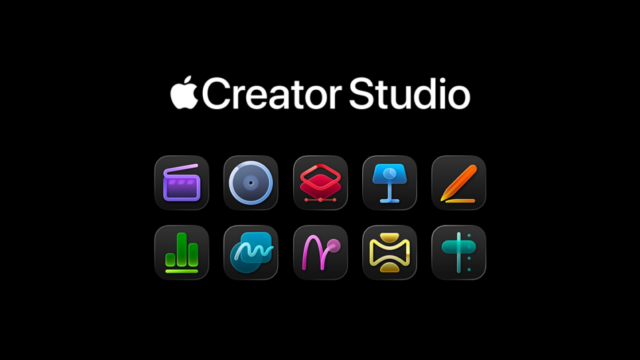Smartphone manufacturers have made significant improvements in battery capacity and charging speeds over the years. But the battery life of technological devices, especially smartphones, has not improved. So why, despite larger batteries and more efficient processors, does a device last at most one day?
Can fast charging be the solution for phone batteries?
Despite technological leaps and bounds, battery life has stagnated. Analyzing data from various studies, it was seen that the screen time of phones has remained the same over the years. In other words, even though phones that support 120W fast charging have come out, the average screen time is the same as the models of about ten years ago.
This is actually due to factors affecting battery life. As battery technologies have rapidly increased, so have the capabilities of smartphones. Today, we use smartphones as cameras, for gaming and for everyday tasks. We’ve also switched to innovative technologies such as 120Hz OLED displays.
The computing power required to keep this display and chipset afloat puts a significant strain on battery life. In addition, features such as high-resolution cameras, 5G connectivity and Always-on-Display increase energy consumption.
Power management systems for batteries have also become more sophisticated. But the smartphone industry is caught in the middle of a difficult debate. Customers want longer battery life, but they also want the device to have a sleek design.
The dream of a smartphone that can last for days on a single charge seems far away for now. So you might want to change your phone usage habits.















